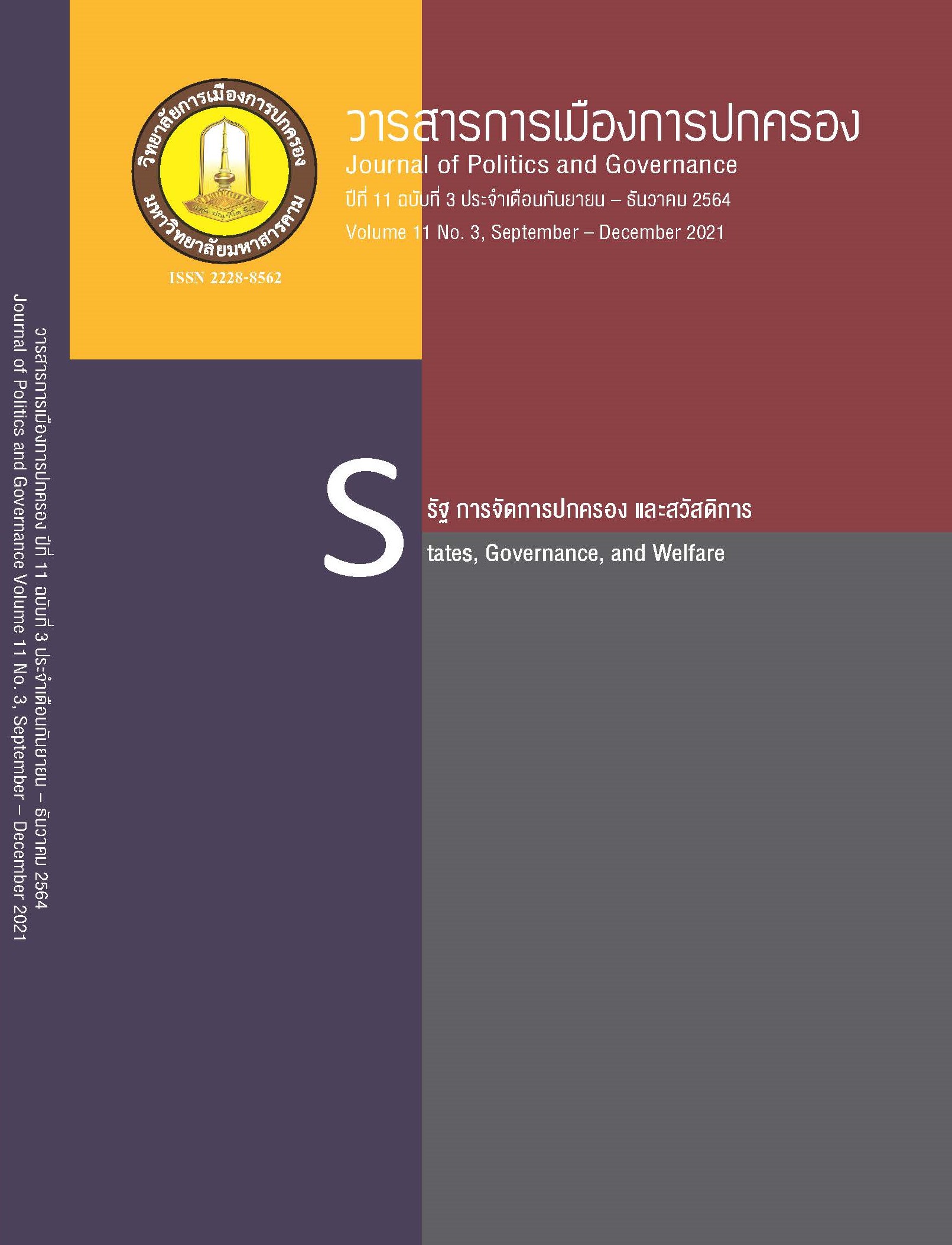Human Cloning and Bioethical Perspectives
Main Article Content
Abstract
In human cloning, 7 perspectives on bioethics should be taken into consideration 1) In bioethics on the birth of cloned humans, genetic materials must be consented by rightful owners, and the process of creating embryo must comply with safety requirements and must not cause any harm to the embryo. 2) Bioethics regarding the body of the cloned humans must be taken into consideration in order to prevent any harm resulting in defects and damages in the body of the cloned humans. 3) Bioethics on a freedom to choose path of life involves no restriction on the personal freedom of the clone humans. 4) Bioethics on minimization of the potential of every human life relates to no minimization of potential in living and improving life of the cloned humans. 5) In bioethics regarding human dignity, equality of human must be respected, and humans themselves must treat each other as fellowmen. 6) Sociological bioethics of human cloning where both cloned and real men deserve an equal treat as members in society. 7) Bioethics regarding prevention of human trafficking involves that the cloned humans are not permitted to be used as merchandise or commercial objects. Therefore, bioethics becomes the control of the human cloning to keep track of creativity and to prevent any impacts upon humankind.
Article Details
References
นำชัย ชีววรรธน์. (2551). สเต็มเซลล์. กรุงเทพฯ: สารคดี.
บรรจบ บรรณรุจิ. (2537). จิต มโน วิญญาณ (พิมพ์ครั้งที่ 4). กรุงเทพฯ: ธรรมสภา.
บุณย์ นิลเกษ. (2552). มหัศจรรย์ความเป็นจริงของชีวิต. กรุงเทพฯ: เลี่ยงเซียง.
ประเสริฐ ผลิตผลการพิมพ์. (2549). สเต็มเซลล์ ดีเอ็นเอและชีวจริยธรรม. กรุงเทพฯ: มติชน.
พระเทพโสภณ (ประยูร ธมฺมจิตฺโต) และคณะ. (2545). พระพุทธศาสนากับวิทยาการโลกยุคใหม่. กรุงเทพฯ: โรงพิมพ์มหาจุฬลงกรณราชวิทยาลัย.
พระมหาอำนวย โปราณภาณี. (2546). สากลธรรม. กรุงเทพฯ: สื่อตะวัน จำกัด.
ฟื้น ดอกบัว. (2543). แนวความคิดเกี่ยวกับสังสารวัฎ: การเวียนว่ายตายเกิดในพระพุทธศาสนา (พิมพ์ครั้งที่ 2). กรุงเทพฯ: โสภณการพิมพ์.
มหาวิทยาลัยมหาจุฬาลงกรณราชวิทยาลัย. (2539). พระไตรปิฎกภาษาไทย. ฉบับมหาจุฬาลงกรณราชวิทยาลัย. กรุงเทพฯ: โรงพิมพ์มหาจุฬาลงกรณราชวิทยาลัย.
ยงยุทธ์ วิริยายุทธังกูร. (ม.ป.พ.). พุทธศาสนากับจุดยืน. กรุงเทพฯ: สุขภาพใจ.
ยงยุทธ ยุทธวงศ์และศุภชัย หล่อโลหการ. (2547). โคลนนิ่ง เทคโนโลยีสะท้านโลก (พิมพ์ครั้งที่ 2). ปทุมธานี: สำนักงานพัฒนาวิทยาศาสตร์และเทคโนโลยีแห่งชาติ.
ราชบัณฑิตยสถาน. (2554). พจนานุกรมฉบับราชบัณฑิตยสถาน พ.ศ. 2554. กรุงเทพฯ: นานมีบุ๊คส์พับลิเคชั่นส์.
สิทธิ์ บุตรอินทร์. (2532). มนุษยนิยม. กรุงเทพฯ: โอ.เอส.พริ้นติ้ง.เอ้าส์.
Brennan, J.R. (1985). Pattern of Human Heredity: An Introduction to Human Genetics. Prentice Hall. NewJersey.


